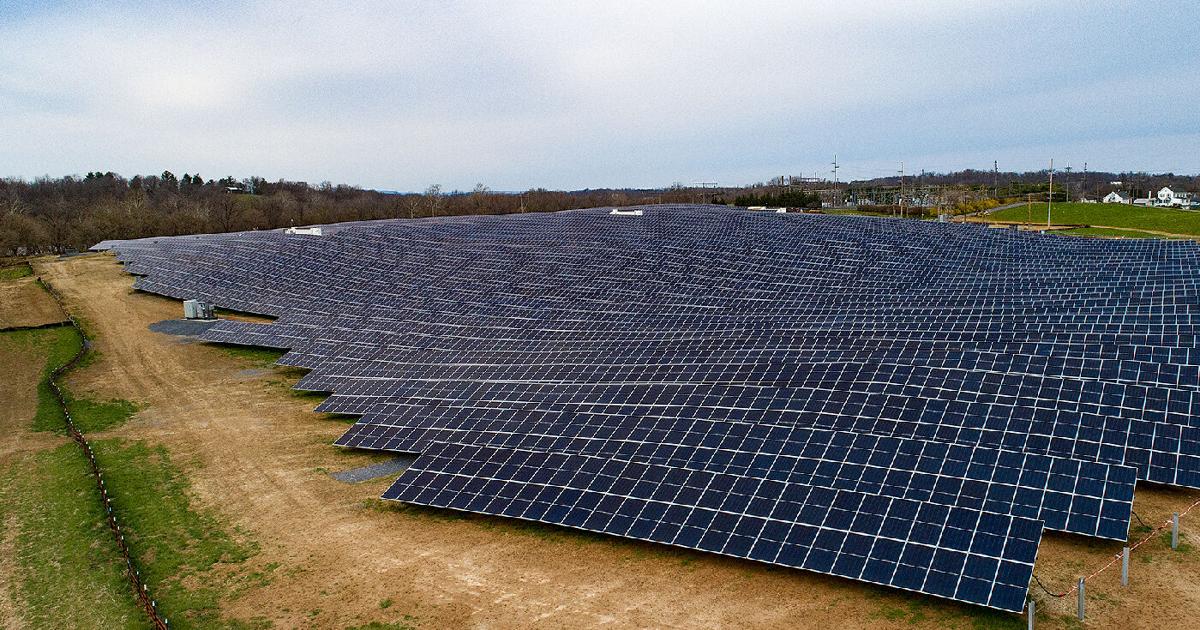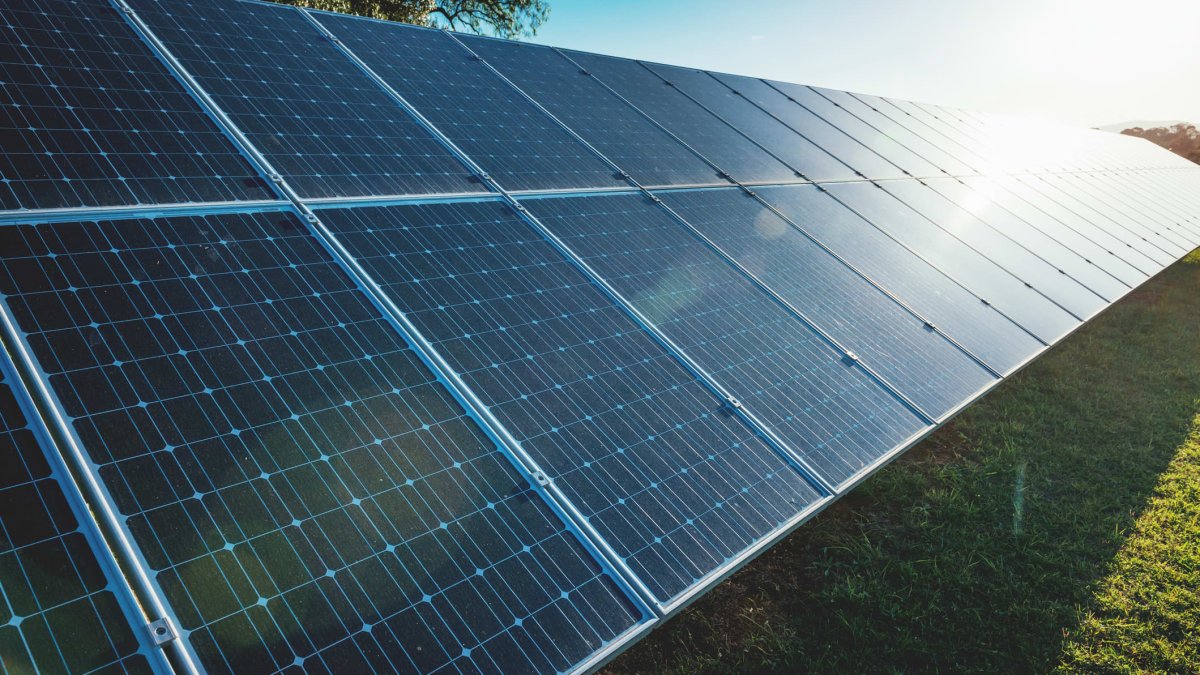Evanston has provided $ 500,000 from federal funds to expand the city’s access to solar energy for low-income households.
The funding comes from $ 211 million allocated for Illinois projects in the 2022 Omnibus Appropriations Act by Congress, signed by President Joe Biden on March 15. Mayor Daniel Biss submitted the funding request to Senator Dick Durbin last year.
The funds will be used to launch the Evanston Affordable Solar Program, which involves the installation of solar panels in low-income homes. These efforts will make a traditionally inaccessible and expensive green energy source more accessible to all Evanston residents.
“The Evanston Affordable Solar Program is an ambitious initiative that not only saves residents from high energy prices, but also targets low-income property owners,” Durbin said.
The new program, managed by Evanston’s Office of Sustainability, will help the city move towards its goal of achieving 100% renewable energy by 2030.
The announcement follows Evanston’s move to launch the Community Solar Program last May. The program, part of a larger program covering 270 municipalities in Northeast Illinois, allows residents to receive a 20% discount on electricity bills without installing solar panels in their homes or buildings.
Email: [email protected]
Twitter: @JorjaSiemons
Related Stories:
– The Community Solar Program encourages the use of renewable energy for Evanston residents
– Urban Community launches Solar Program, hires solid waste coordinator
– The city will re-launch a sustainable business recognition program and launch a new solar initiative




